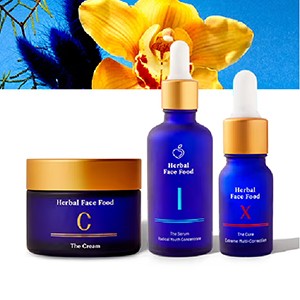Kim John Payne’s philosophy is simple. Less is more. The book’s subtitle summarizes it nicely: “Using the extraordinary power of less to raise calmer, happier and more secure kids.” It is not difficult in this day and age for us all to agree that there is too much of everything to go around – I think we all subconsciously dream of a simpler life for our children’s growing minds. But this book actually gives you concrete examples of how and why simplicity parenting will benefit your family’s dynamic, and offers specific techniques to get you there in an easy-to-read format that comes across as supportive and easy-going without preaching.
Payne examines four key areas of focus:
- Environment
- Rhythm
- Schedules
- Filtering Out the Adult World
Environment examines the importance of decluttering one’s physical surroundings in order to calm and relax the mind and body, as well. He looks at ways to rid one’s home of too many toys, clothes, even books (which, if you’re like me, were always welcome into my kids’ lives) and then shows how children develop much stronger connections, creative impulses and patience when they have less to choose from. And in turn, we have less to clean up. Win/win situation.
Rhythm really struck a chord with me as well. My 5-year-old daughter thrives on rhythm. She likes to know what’s coming her way and when, and it shows in her day-to-day energy, moods and tantrums. Are there days when we are thrown for a loop and fly by the seat of our pants? Absolutely. So we navigate them and usually create some great memories in the process. But without fail, she needs some time to readjust after those days, sleeps a little less soundly and needs an extra hug or two. Payne’s philosophy here is simple once again – keep the daily vibe around your home rhythmic and predictable (not just for toddlers, for teens as well) and you’ll be able to adapt to change, when it does come, more easily.
Schedules. I am constantly amazed when I see my daughter’s preschool classmates running off to after-school activities every day of the week. Dance on Monday, sign language on Tuesday, t-ball on Wednesday… and repeat. I caught on very early in this parenting process that my daughter would not do well on a jam-packed schedule like this, so we chose to limit ourselves to one extra activity at a time. Payne recommends something similar and again, his advice applies to kids of all ages – even your 15-year-old son who is the star quarterback. He believes that kids need time to just play. To be bored. To daydream in the grass. To be a kid.
Filtering out the adult world – this has become harder and harder with today’s technology, media and constant need for information. But what your kids may or may not pick up from the backseat of the car while the radio is playing or over grown up conversation at the dinner table while you think they are immersed in their mac and cheese can be alarming. Payne gives a great example of a highly educated, academic couple who took pride in themselves for discussing world politics and issues openly in front of their child, thinking he was absorbing his way into the Ivy Leagues. In fact, he absorbed his way right into anxiety. There are simply certain things that should be filtered from our kids’ eyes and ears. And it’s up to our mouths to do so.
This is just a top-line overview of Simplicity Parenting and its recommendations. If you are feeling overwhelmed by your kids’ activities, emotions and ever-growing collection of Hot Wheels, Payne’s is a simple philosophy that really resonated with me because it’s easy to understand, incorporate and adapt to… and now I can skip the whole t-ball thing.













